by Fabio Tollon

Getting a handle on the various ways that technology influences us is as important as it is difficult. The media is awash with claims of how this or that technology will either save us or doom us. And in some cases, it does seem as though we have a concrete grasp on the various costs and benefits that a technology provides. We know that CO2 emissions from large-scale animal agriculture are very damaging for the environment, notwithstanding the increases in food production we have seen over the years. However, such a ‘balanced’ perspective usually emerges after some time has passed and the technology has become ‘stable’, in the sense that its uses and effects are relatively well understood. We now understand, better than we did in the 1920s, for example, the disastrous effects of fossil fuels and CO2 emissions. We can see that the technology at some point provided a benefit, but that now the costs outweigh those benefits. For emerging technologies, however, such a ‘cost-benefit’ approach might not be possible in practice.
Take a simple example: imagine a private company is accused of polluting a river due to chemical runoff from a new machine they have installed (unfortunately this probably does not require much imagination and can be achieved by looking outside, depending on where you live). In order to determine whether the company is guilty or not we would investigate the effects of their activities. We could take water samples from the river and attempt to show that the chemicals used in the company’s manufacturing process are indeed present in the water. Further, we could make an argument where we show how there is a causal relationship between the presence of these chemicals and certain detrimental effects that might be observed in the area, such as loss of biodiversity, the pollution of drinking water, or an increase in diseases associated with the chemical in question. Read more »

 Nikita Kadan. Hold The Thought, Where The Story Was Interrupted, 2014.
Nikita Kadan. Hold The Thought, Where The Story Was Interrupted, 2014.
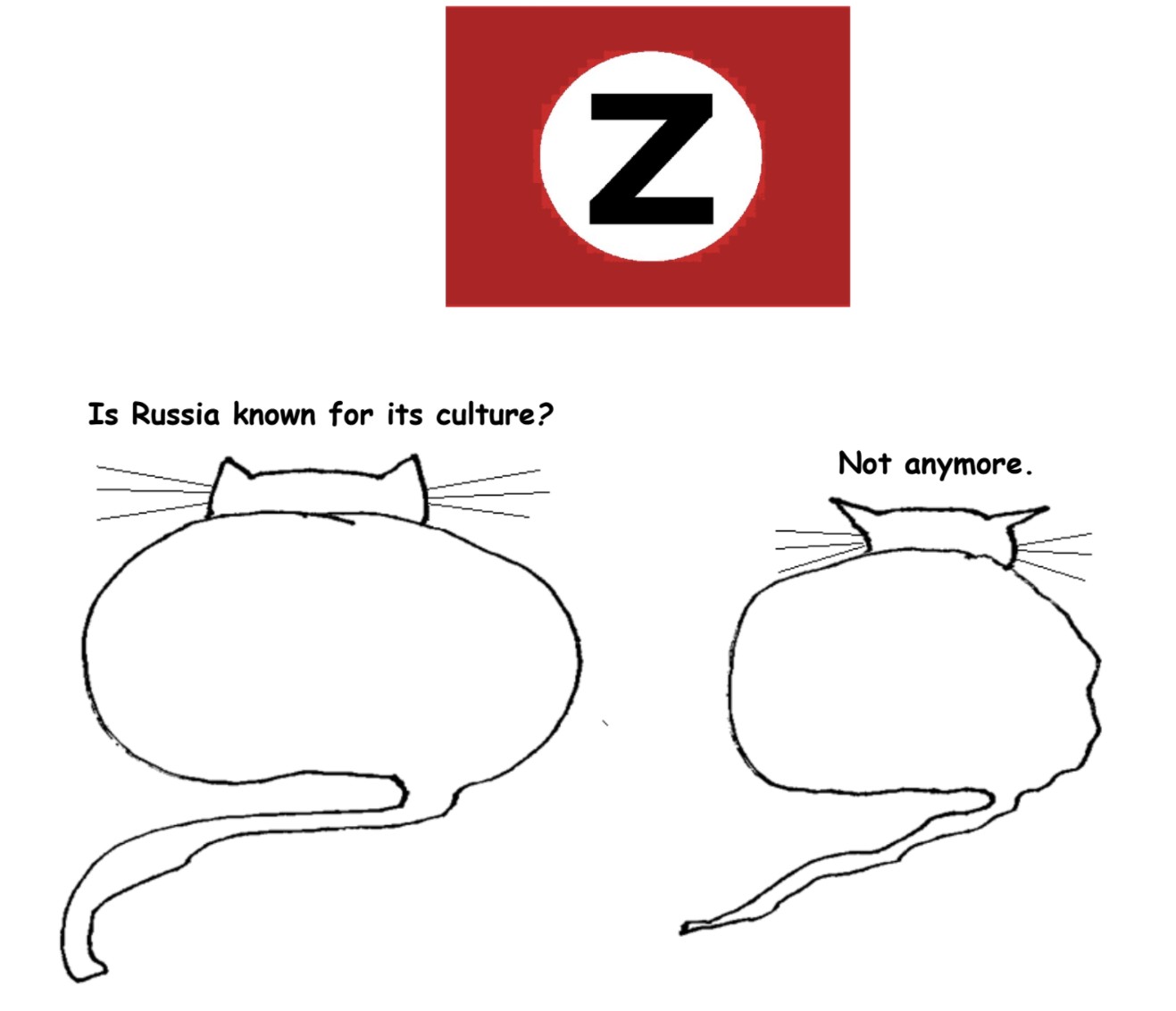



 In the Berkeley hills there is a campus bus but the nearest bus stop is about a one-mile walk from my home, if you take a short cut through a meadow, but it gets quite muddy in the rainy season. Still, after some years I opted for taking the campus bus rather than my car on weekdays. One regular passenger I used to meet in the bus was a distinguished nonagenarian, Charles Townes, who had won the 1964 Physics Nobel Prize for inventing the laser (later he was also involved in the team that discovered the black hole at the center of the Milky Way galaxy). In a campus lecture that I once gave on Globalization I was thrilled to see him at the front in the audience. He was active in the campus even in his 100th year, shortly before his death.
In the Berkeley hills there is a campus bus but the nearest bus stop is about a one-mile walk from my home, if you take a short cut through a meadow, but it gets quite muddy in the rainy season. Still, after some years I opted for taking the campus bus rather than my car on weekdays. One regular passenger I used to meet in the bus was a distinguished nonagenarian, Charles Townes, who had won the 1964 Physics Nobel Prize for inventing the laser (later he was also involved in the team that discovered the black hole at the center of the Milky Way galaxy). In a campus lecture that I once gave on Globalization I was thrilled to see him at the front in the audience. He was active in the campus even in his 100th year, shortly before his death.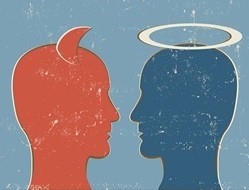 Beliefs about the essential goodness or badness of human beings have been at the heart of much political theory.
Beliefs about the essential goodness or badness of human beings have been at the heart of much political theory.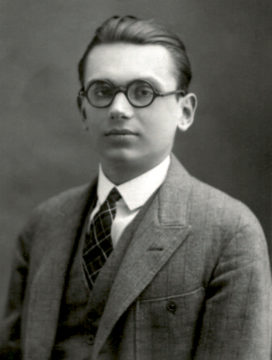
 Sughra Raza. Self Portrait at Gas Station, April 3, 2022.
Sughra Raza. Self Portrait at Gas Station, April 3, 2022.
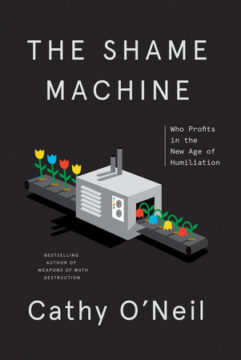
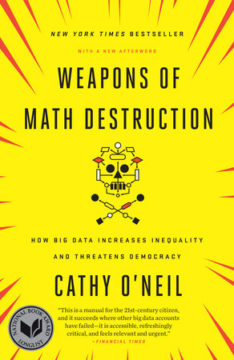 And then I started trying to warn people about the dangers of algorithms when we trust them blindly. I wrote a book called Weapons of Math Destruction, and in doing so I interviewed a series of teachers and principals who were being tested by this new-fangled algorithm called the value-added model for teachers. And it was high stakes. They were being denied tenure or even fired based on low scores, but nobody could explain their scores. Or shall I say, when I asked them, “Did you ask for an explanation of the score you got?” They often said, “Well, I asked, but they told me it was math and I wouldn’t understand it.”
And then I started trying to warn people about the dangers of algorithms when we trust them blindly. I wrote a book called Weapons of Math Destruction, and in doing so I interviewed a series of teachers and principals who were being tested by this new-fangled algorithm called the value-added model for teachers. And it was high stakes. They were being denied tenure or even fired based on low scores, but nobody could explain their scores. Or shall I say, when I asked them, “Did you ask for an explanation of the score you got?” They often said, “Well, I asked, but they told me it was math and I wouldn’t understand it.”
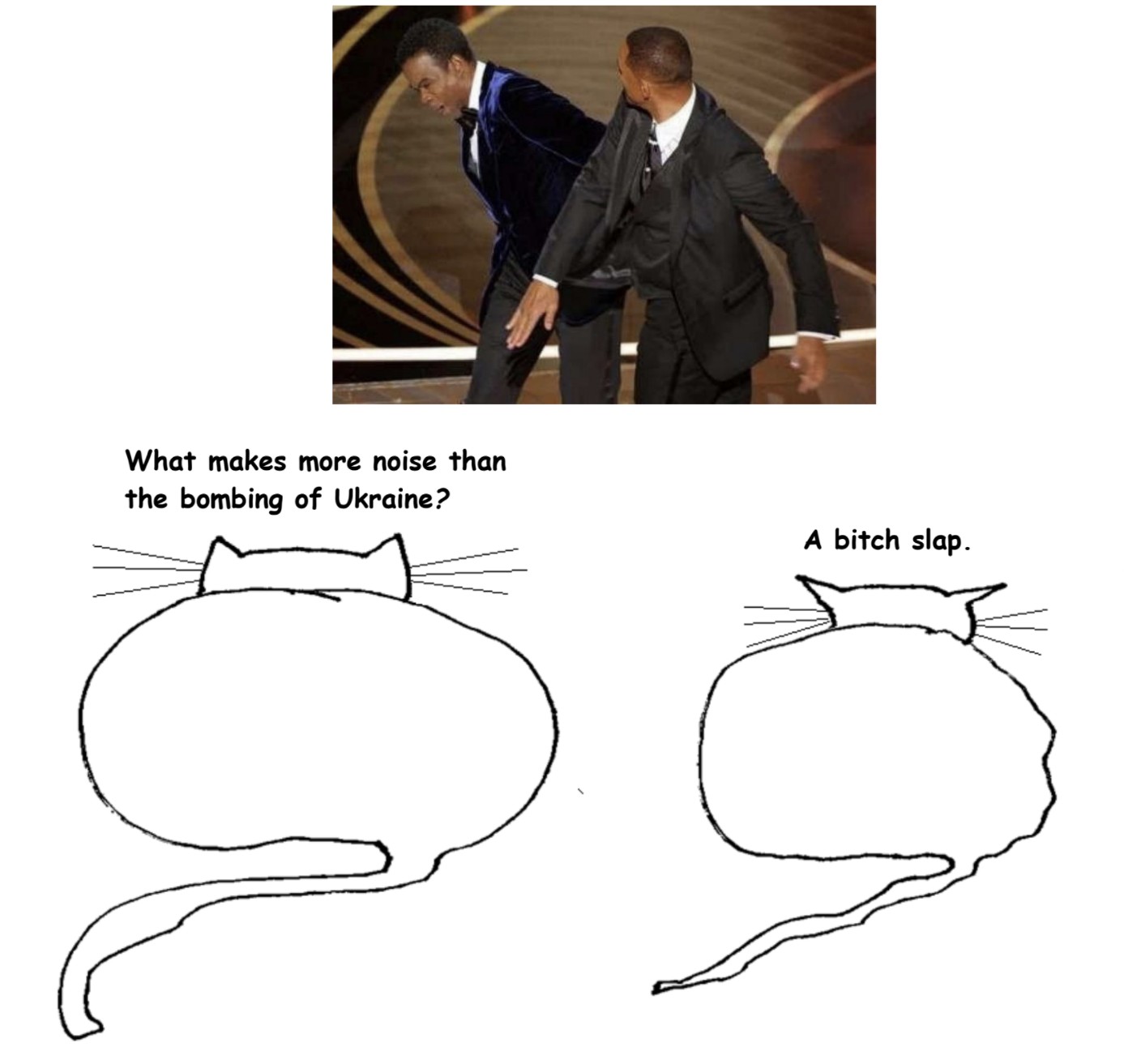
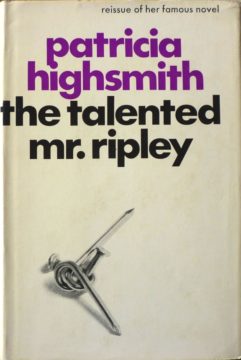 The character of the American abroad is an archetype in American fiction. By placing the American outside of his native country (usually in Europe), writers such as Henry James and James Baldwin were able to explore what constitutes American identity. More often than not, this identity is revealed in their novels not through what the identity contains, but in what it lacks.
The character of the American abroad is an archetype in American fiction. By placing the American outside of his native country (usually in Europe), writers such as Henry James and James Baldwin were able to explore what constitutes American identity. More often than not, this identity is revealed in their novels not through what the identity contains, but in what it lacks. It is a strange enough thing to collect knives. It is a step stranger still to collect sharpening stones; a further abstraction from reality, an auxiliary activity supporting a hobby which is itself a pantomime of preparedness and practicality. No matter. Once one is lodged firmly enough down a rabbit hole, the only options available are to hope for rescue, or to keep crawling deeper. I have clearly chosen the latter.
It is a strange enough thing to collect knives. It is a step stranger still to collect sharpening stones; a further abstraction from reality, an auxiliary activity supporting a hobby which is itself a pantomime of preparedness and practicality. No matter. Once one is lodged firmly enough down a rabbit hole, the only options available are to hope for rescue, or to keep crawling deeper. I have clearly chosen the latter. I am leaving, and I am taking nothing.
I am leaving, and I am taking nothing.